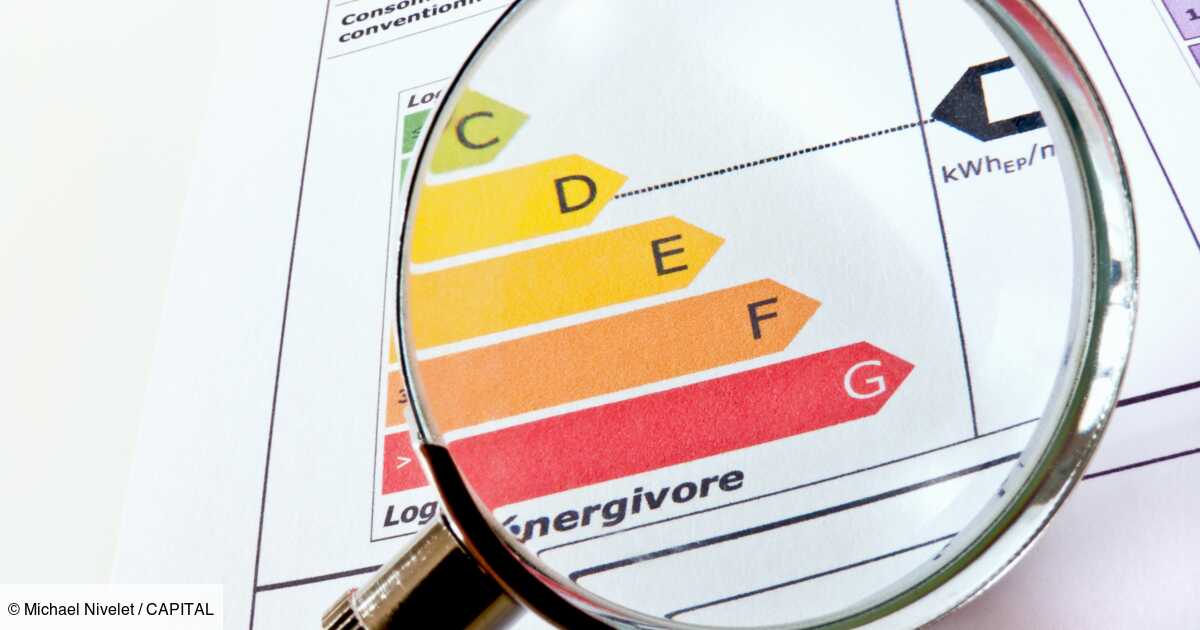Senators adopted amendments to the finance bill for 2025 which transform the tax on real estate wealth into a tax on “unproductive wealth”. The objective: to put an end to tax injustice between rental investors and yacht owners, for example.
© Capital/Adobe
– “Why exempt bitcoin from the IFI and tax what contributes to the real economy, such as a factory or housing?”, asks Senator Albéric de Montgolfier
Investors in “stone and paper” and rental real estate subject to the real estate wealth tax (IFI), you could soon feel less alone. The senators adopted, on the evening of Tuesday, November 26 and against the advice of the government, two amendments to the finance bill (PLF) for 2025 which transforms the IFI into “tax on unproductive wealth” from 2025.amendment by Sylvie Vermeillet (Centrist Union) and the one, identical, by Albéric de Montgolfier (Les Républicains), expand the IFI to heritage “passive”that is to say who “does not contribute to economic growth”.
This passive heritage includes building land when it is not allocated to an economic activity, cash and financial investments (current account, savings accounts, monetary funds), tangible movable property (precious objects, cars, yachts, planes), digital assets, such as bitcoinsand the rights of literary, artistic and industrial property, when the person liable for the tax is neither the author nor the inventor.
IFI: discover our 4 good plans to reduce the bill or make it disappear
Put an end to IFI circumvention strategies
Made up only of real estate assets not allocated to the professional activity of their owner, “the current base of the IFI appears economically inconsistent» to Sylvie Vermeillet and Albéric de Montgolfier. Real estate investment – for example shares held in real estate investment companies (SCPI) – and rental investment are included in the scope of the IFI “even though it is undeniably a question of productive investments which contribute to growth, while meeting the needs of households and businesses,” the two senators are surprised.
On the other hand, “the IFI excludes from its base assets which clearly do not contribute to the dynamism of the French economy”such as cash and certain consumer goods, such as luxury cars and private planes, continue the parliamentarians. Which can result, on the part of those responsible for the IFI, in developing strategies that are undoubtedly “anti-economic to escape the IFI”consisting of selling an apartment that is now rented and letting the proceeds of this sale sit in a current account or, worse, use it to buy a yacht, deplore Sylvie Vermeillet and Albéric de Montgolfier.
Rental investment: furnished rental, Denormandie system… The key measures of the 2025 budget
Amendments rejected by the Assembly in previous years
“Why exempt bitcoin from the IFI and tax what contributes to the real economy, such as a factory or housing?”asks Albéric de Montgolfier. And to add: “I remind you of the housing crisis !”with the increasing difficulty of households finding long-term rentals. Thanks to his amendment and that of his colleague, an individual who decides to use building land to build housing for rental investment purposes would be exempt from IFI, which is not currently the case.
Furthermore, compared to the current IFI, the tax liability threshold would be raised, “in order not to tax households who, without being able to be described as wealthy, have become taxable on their real estate simply because of the increase in their prices”add the senators. The fact remains that similar amendments had already been adopted by the Senate during the examination of the finance bills for 2020, 2023 and 2024. Each time, they had been rejected by the National Assembly, which should examine again on the PLF 2025 around December 18.
Receive our latest news
Every week your appointment with real estate news.











